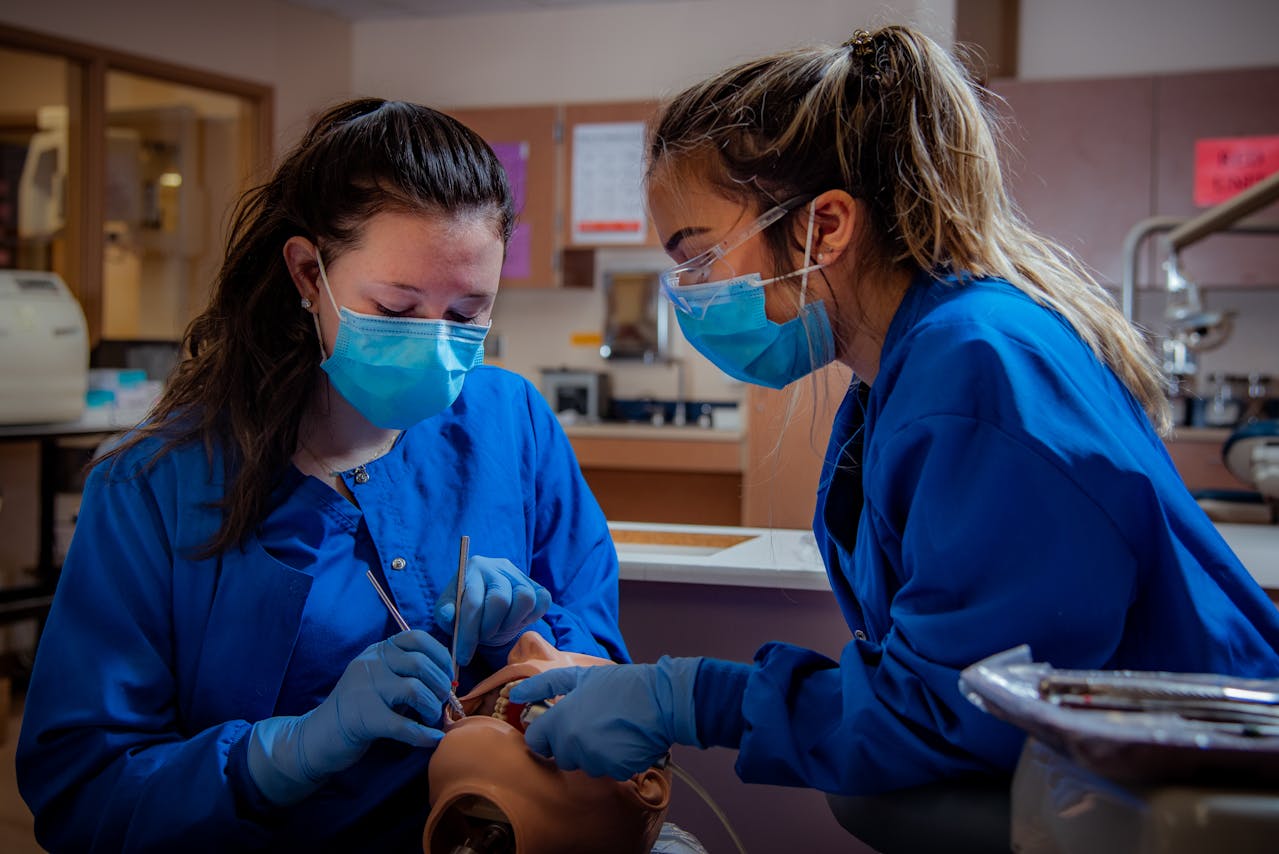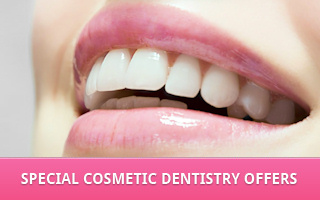The Role of Dental Health Education in Schools: Building Healthy Habits for Life

Good dental hygiene is a vital component of overall health, yet it’s often overlooked in the early stages of a child’s education. Incorporating dental health education into school curricula plays a crucial role in shaping lifelong habits that can prevent dental diseases and ensure a healthier future. Just as students turn to resources like a medical school essay writing service to navigate their academic careers, early education on dental health provides them with the essential knowledge to maintain their well-being long after they leave the classroom. By embedding these lessons early, schools can significantly contribute to reducing future dental problems and the associated healthcare costs.
Dental health education is more than just teaching children to brush their teeth twice a day. It encompasses understanding how diet, lifestyle choices, and even stress can affect oral health. Schools are in a unique position to promote these healthy habits by integrating dental health into various subjects, from biology and physical education to social studies and personal development. By offering a comprehensive approach, schools can equip students with the tools and knowledge they need to make informed choices about their dental hygiene.
Why Dental Health Education is Crucial for Students
Children are at a critical stage in their development, both physically and mentally. As their bodies grow, they are forming habits that will last a lifetime. Introducing dental health education in schools ensures that these habits are built on a strong foundation of knowledge. The earlier students learn about the importance of dental hygiene, the more likely they are to adopt and maintain these practices throughout their lives.
One of the key benefits of introducing dental health education in schools is that it creates an environment where preventive care is normalized. By teaching children how to properly care for their teeth, schools can help reduce the incidence of cavities, gum disease, and other dental issues that often stem from poor hygiene practices. Furthermore, understanding the consequences of neglecting oral health—such as tooth decay, infection, and even heart disease—gives students a clearer picture of why taking care of their teeth is essential.
There are several important aspects of dental health education that schools can focus on:
- Basic Oral Hygiene Practices:
- Teaching students the importance of brushing their teeth at least twice a day, flossing, and using mouthwash.
- Encouraging regular visits to the dentist for check-ups and cleanings.
- Diet and Dental Health:
- Educating students about how sugary foods and drinks can damage their teeth.
- Promoting healthy alternatives, like fruits and vegetables, that can support dental health.
- The Role of Fluoride and Sealants:
- Introducing students to the benefits of fluoride and how it can help prevent tooth decay.
- Explaining how dental sealants can protect the molars from developing cavities.
By covering these topics, schools can give students a holistic understanding of dental health and how it connects to their overall well-being.
Integrating Dental Health Education into the School Curriculum
Integrating dental health education into the school curriculum can be achieved in several ways. Schools can offer dedicated health classes that include oral hygiene, or they can incorporate dental health topics into existing subjects like biology or physical education. For example, a biology lesson on the human body can include information about how the mouth and teeth work or a PE class might discuss how a healthy diet contributes to both physical fitness and dental health.
Bringing in professionals like dentists or dental hygienists to give presentations can also be an effective way to engage students. These experts can provide valuable insights into proper brushing techniques, the importance of regular dental check-ups, and even answer questions from students. Interactive demonstrations, such as showing students how to properly brush and floss, can be particularly effective in making the lessons stick.
Additionally, schools can promote dental health education through extracurricular activities and programs. Clubs focused on health and wellness can offer workshops or events dedicated to dental hygiene. Competitions like “Who Can Keep the Cleanest Smile?” can incentivize students to practice good oral hygiene regularly.
Incorporating these educational strategies not only benefits students but also encourages a culture of health awareness throughout the school community. Just as an annotated bibliography writing service provides clarity and organization in academic writing, structured dental health programs offer students a clear path to maintaining lifelong oral health.
Long-Term Benefits of Dental Health Education
The long-term benefits of dental health education go beyond the school years. Teaching students proper oral hygiene habits at a young age can significantly reduce the risk of developing dental problems later in life. Regular brushing, flossing, and dental check-ups can prevent cavities, gum disease, and other serious issues that might require costly and painful treatments.
Moreover, good dental health is linked to overall physical health. For instance, gum disease has been connected to other serious health conditions like diabetes and heart disease. Educating children about these links can help them understand that taking care of their teeth is about more than just preventing bad breath or cavities—it’s about protecting their entire body.
Another significant benefit is the reduction in healthcare costs. Dental treatments can be expensive, and many problems that arise later in life are the result of poor habits formed in childhood. By teaching children how to care for their teeth properly, schools can help reduce the number of dental visits, treatments, and surgeries that may be needed in the future.
Key Takeaways for Schools and Parents:
-
Consistency is Key:
- Reinforcing dental health education regularly throughout the school year can help embed these habits in students’ routines.
- Collaborating with parents to ensure that students are practicing good oral hygiene at home can amplify the benefits of school-based education.
-
Make it Fun:
- Engaging students with interactive lessons, competitions, and real-life examples can make dental health education more enjoyable.
- Incorporating multimedia tools such as videos, apps, or games can further enhance the learning experience.
-
Create Partnerships with Dental Professionals:
- Schools can partner with local dentists or dental health organizations to provide resources, workshops, and even free dental screenings for students.
By combining education with practical experiences, schools can play a pivotal role in shaping the future of their students’ dental health. This education will not only benefit students during their school years but also equip them with the knowledge and habits to maintain healthy smiles throughout their lives.



